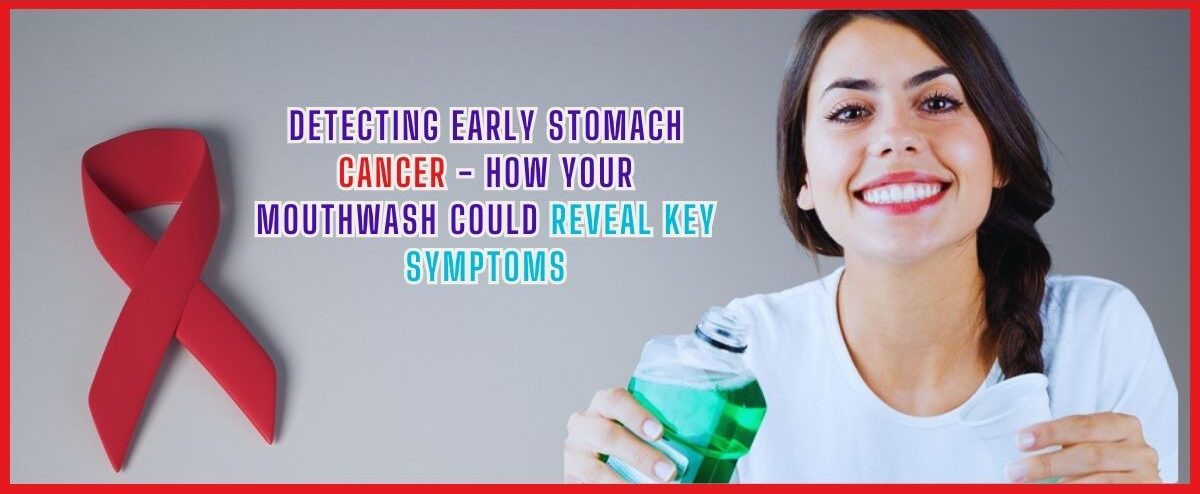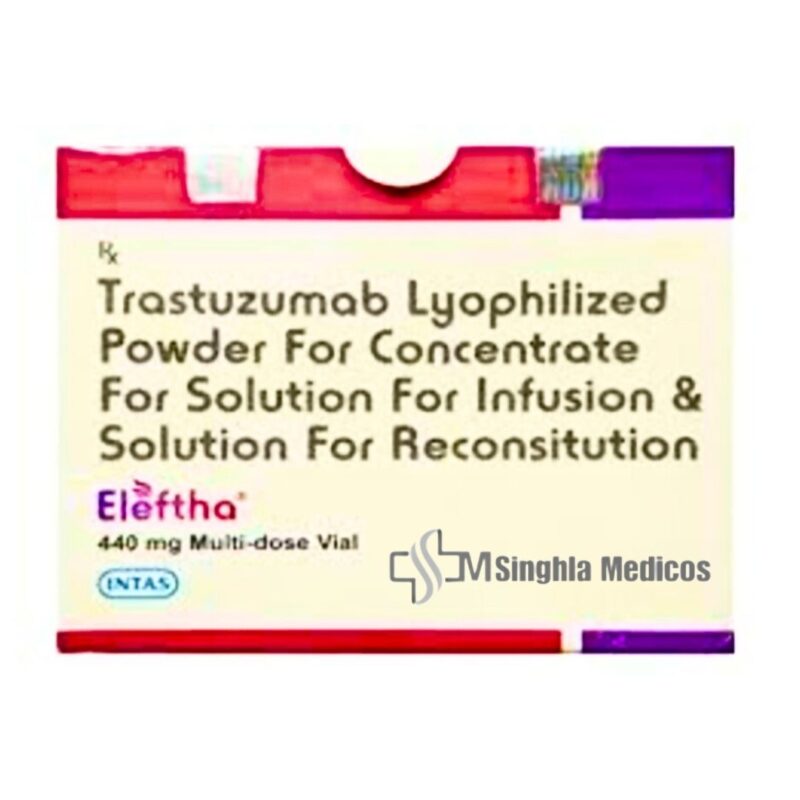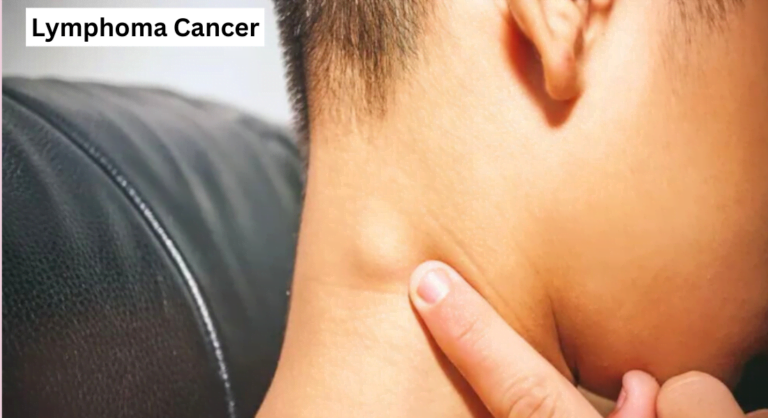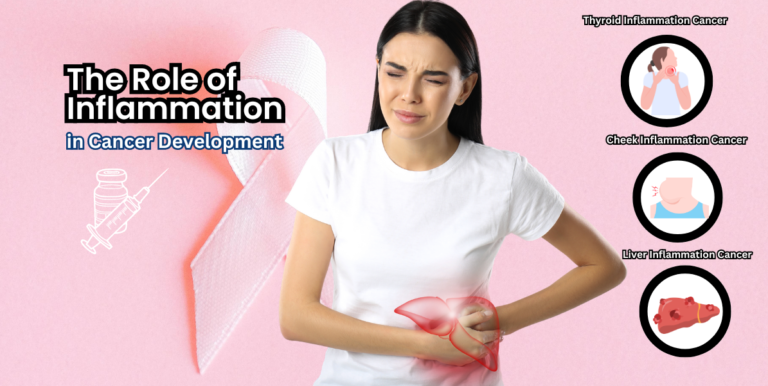BLOG
Detecting Early Stomach Cancer: How Your Mouthwash Could Reveal Key Symptoms

Stomach cancer, also known as gastric cancer, is a serious health condition that often goes undiagnosed until it reaches more advanced stages. Early detection is crucial for effective treatment, and many people are now discovering that an unlikely tool might play a role in spotting the early symptoms of this deadly disease. Enter mouthwash—a daily oral hygiene product that may offer more benefits than just fresh breath. Recent research suggests that mouthwash could be instrumental in identifying early signs of stomach cancer. In this blog post, we’ll explore how mouthwash can help spot early symptoms of stomach cancer and what this means for your health.
Understanding Stomach Cancer
Stomach cancer develops in the lining of the stomach and can spread to other parts of the body if not detected early. Symptoms often include persistent abdominal pain, nausea, vomiting, and unexplained weight loss. Unfortunately, these symptoms can be mistaken for other less severe conditions, making early diagnosis challenging.
The Link Between Oral Health and Stomach Cancer
Recent studies have uncovered a fascinating connection between oral health and stomach cancer. Researchers have identified specific bacteria in the mouth that may be linked to stomach cancer. One such bacterium is Helicobacter pylori (H. pylori), which is known to cause infections in the stomach and is associated with an increased risk of gastric cancer. Poor oral hygiene can exacerbate these infections, potentially leading to more severe health issues.
How Mouthwash Can Help
1. Detecting Oral Bacterial Changes
Mouthwash is designed to kill bacteria and freshen breath, but it can also help in identifying harmful bacterial changes in the mouth. Some types of mouthwash contain ingredients that target specific bacteria. If you notice changes in the effectiveness of your mouthwash—such as persistent bad breath despite regular use—it might indicate an underlying issue like an infection. This could potentially be linked to H. pylori or other bacteria associated with stomach cancer.
2. Monitoring Oral Health Indicators
Certain mouthwashes contain compounds that can detect changes in the oral environment. For example, some mouthwashes have been developed with diagnostic capabilities to identify bacterial levels and oral pH changes. These indicators can provide early warnings of systemic issues, including those related to stomach health. A noticeable change in your oral health despite proper brushing and flossing could warrant further investigation into potential underlying conditions.
3. Supporting Overall Digestive Health
Maintaining good oral hygiene with mouthwash helps support overall digestive health. By reducing harmful bacteria in the mouth, you minimize the risk of oral infections and inflammation, which can contribute to digestive issues. A healthy mouth contributes to a healthier digestive tract, potentially reducing the risk of conditions that can lead to stomach cancer.
What to Look for in a Mouthwash
Not all mouthwashes are created equal. For those interested in using mouthwash as a tool for early detection, consider the following:
- Antimicrobial Properties: Choose a mouthwash with antimicrobial properties that target a broad spectrum of bacteria.
- Diagnostic Features: Look for mouthwashes with diagnostic capabilities designed to detect changes in oral bacteria and pH levels.
- Consultation with a Healthcare Provider: Regular check-ups with your dentist and healthcare provider are essential. They can offer guidance on the best mouthwash for your needs and help you interpret any changes in oral health.
Practical Tips for Using Mouthwash
1. Consistency is Key
Use mouthwash consistently as part of your daily oral hygiene routine. This helps maintain optimal oral health and may provide early indicators of changes.
2. Monitor Changes
Pay attention to any changes in your oral health, such as persistent bad breath or unusual sensations. If these changes occur, consult your healthcare provider for further evaluation.
3. Combine with Other Practices
Mouthwash is just one component of oral health. Combine its use with regular brushing, flossing, and dental check-ups to ensure comprehensive oral hygiene.
When to Seek Medical Advice
If you experience persistent symptoms such as severe abdominal pain, nausea, or unexplained weight loss, seek medical attention promptly. These symptoms could be indicative of stomach cancer or other serious conditions. Early diagnosis and treatment are crucial for improving outcomes.
The Future of Oral Health and Disease Detection
The potential for mouthwash to aid in the early detection of stomach cancer is an exciting development in the field of preventive healthcare. Ongoing research may reveal even more about how oral health products can contribute to the early diagnosis of systemic diseases. As science advances, integrating oral health tools with broader diagnostic practices could become a standard part of health management.
Conclusion
While mouthwash is traditionally used for freshening breath and maintaining oral hygiene, it may also play a role in spotting early symptoms of stomach cancer. By monitoring changes in oral health and using mouthwash with diagnostic features, you can support your overall well-being and potentially identify issues before they become more serious. Always consult with healthcare professionals for comprehensive evaluation and personalized advice. Remember, early detection and proactive health management are key to improving outcomes and ensuring a healthier future.
Related Medicines
-
 Colimex Tablet
Colimex Tablet
₹47.00Original price was: ₹47.00.₹42.30Current price is: ₹42.30. -
 Eleftha 150mg Injection
Eleftha 150mg Injection
₹6,295.00Original price was: ₹6,295.00.₹4,600.00Current price is: ₹4,600.00. -
 Eleftha 440mg Injection
Eleftha 440mg Injection
₹20,481.11Original price was: ₹20,481.11.₹11,500.00Current price is: ₹11,500.00.
Essential Skincare Tips for Cancer Patients: A Comprehensive Guide
-
Posted by
admin
- 0 comments
Understanding the Different Stages of Cancer
-
Posted by
admin
- 0 comments
The Impact of Nutrition on Cancer Prevention and Recovery
-
Posted by
admin
- 0 comments
Cancer Vaccines Current Developments and Future Prospects
-
Posted by
admin
- 0 comments
What is ER-positive Breast Cancer ?
-
Posted by
admin
- 0 comments
Exploring the Link Between Environmental Factors and Cancer Risk
-
Posted by
admin
- 0 comments
Top 5 Cancer Hospitals in Uttarakhand
-
Posted by
admin
- 0 comments
Lymphoma: Causes, Symptoms & Treatment
-
Posted by
admin
- 0 comments
The Psychological Impact of a Cancer Diagnosis
-
Posted by
admin
- 0 comments
Palliative Care Enhancing Comfort and Quality of Life for Cancer Patients
-
Posted by
admin
- 0 comments
The Role of Inflammation in Cancer Development
-
Posted by
admin
- 0 comments
The Role of Patient Advocacy in Cancer Care
-
Posted by
admin
- 0 comments













